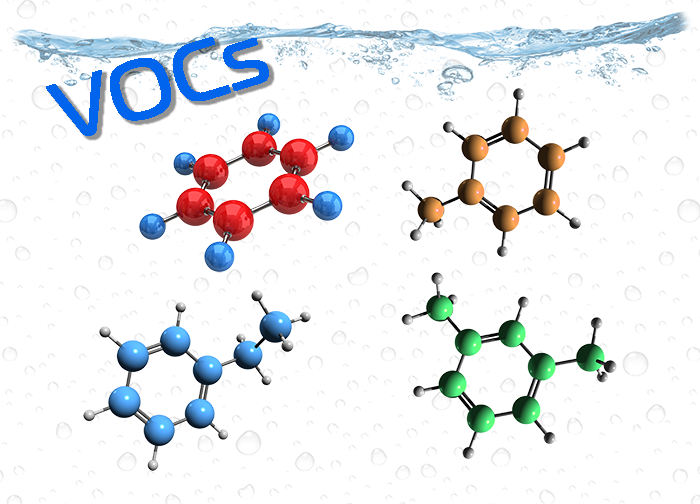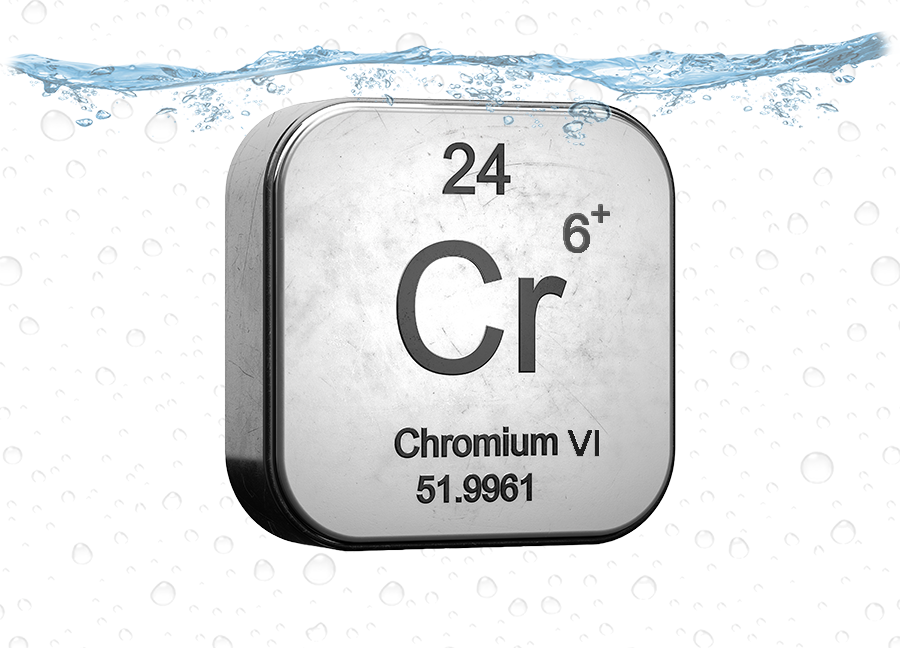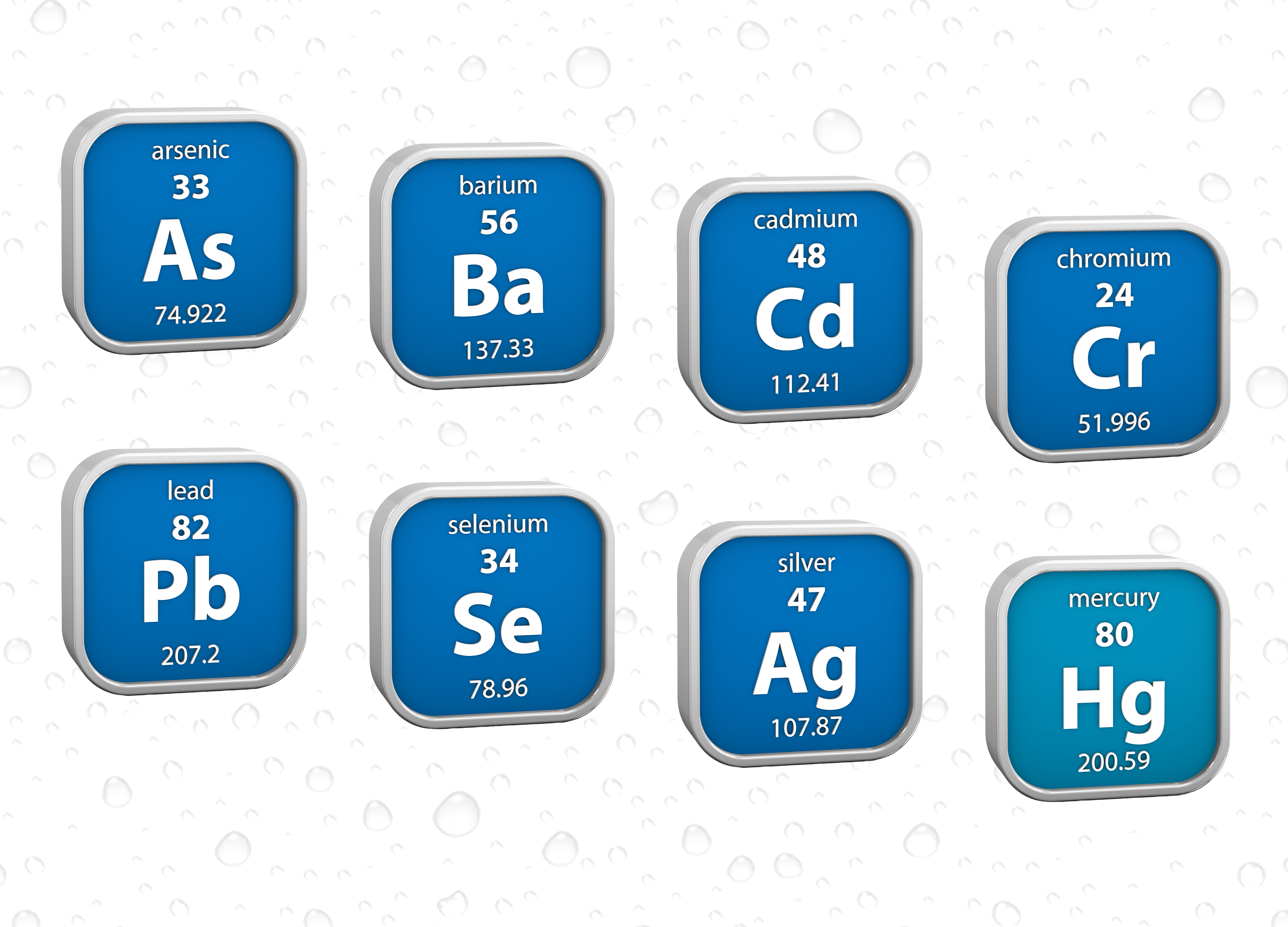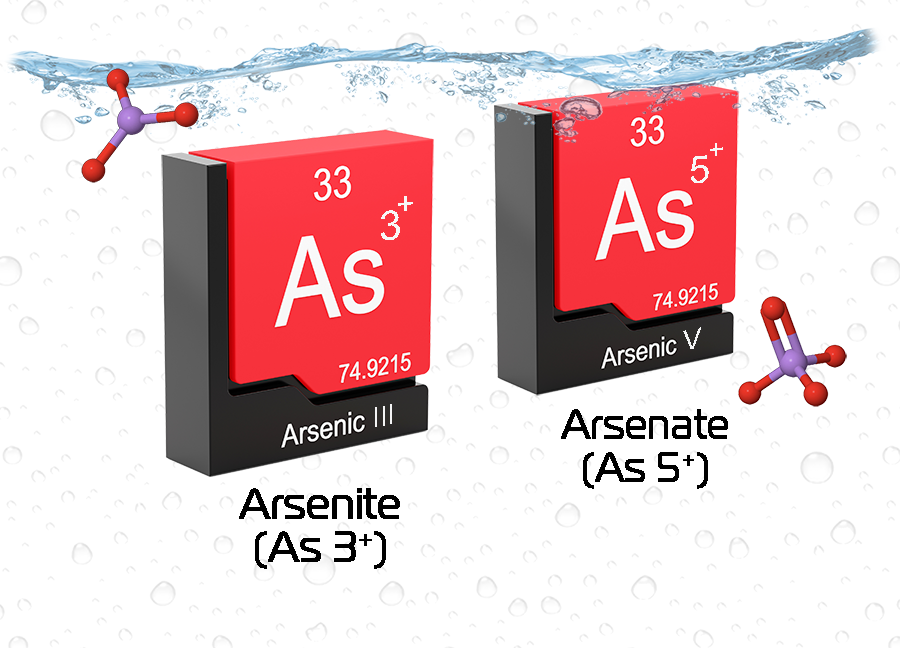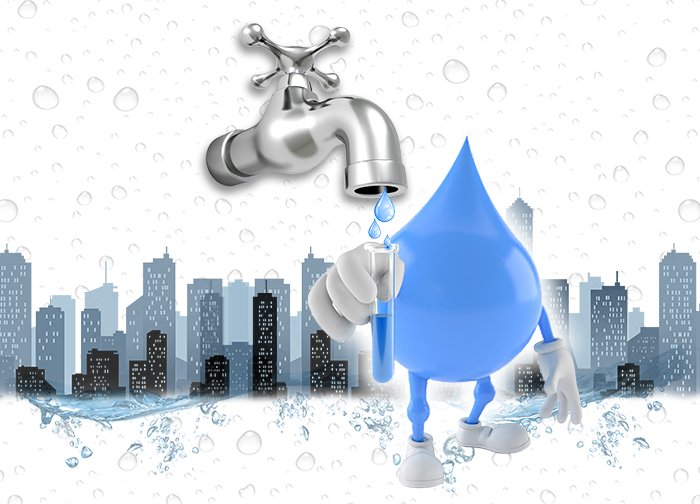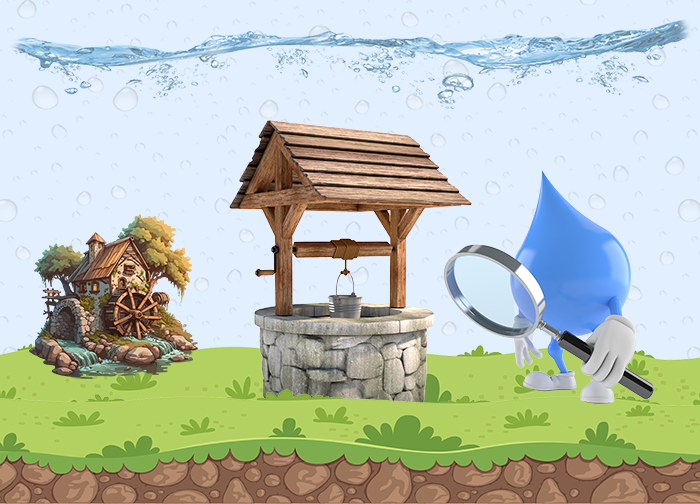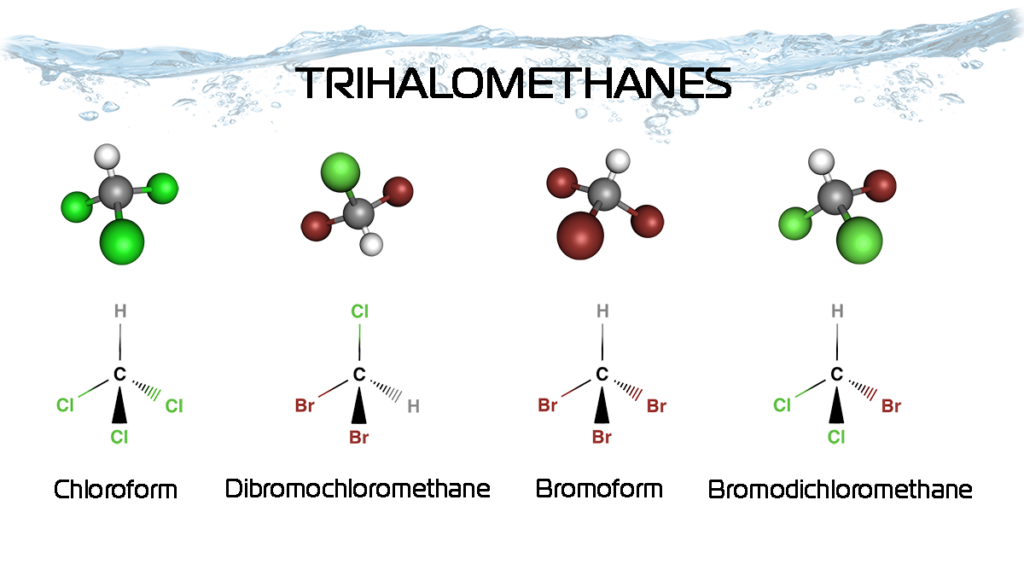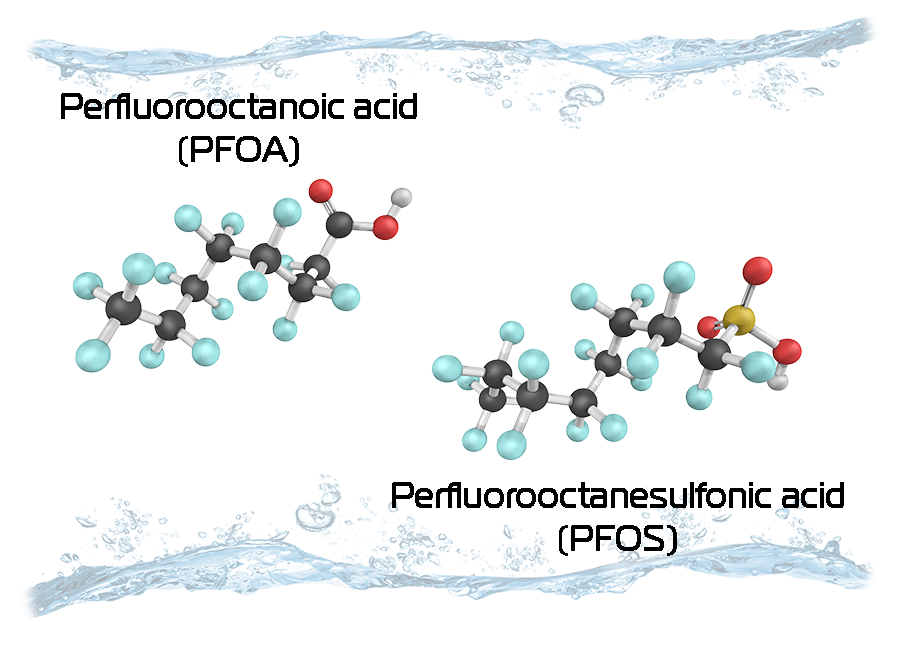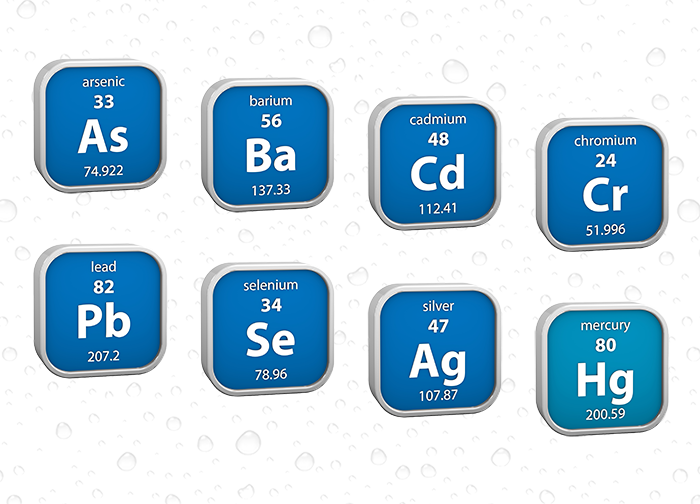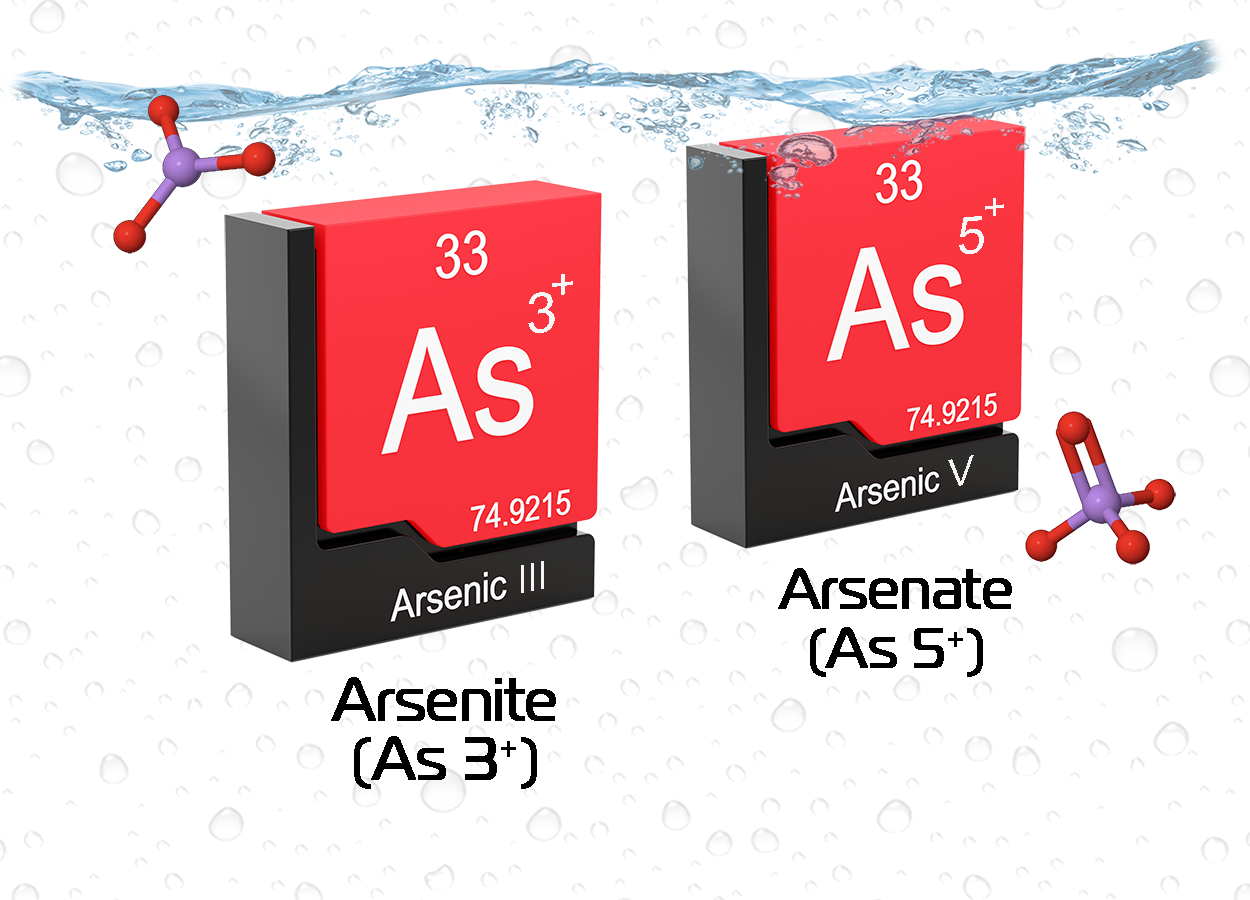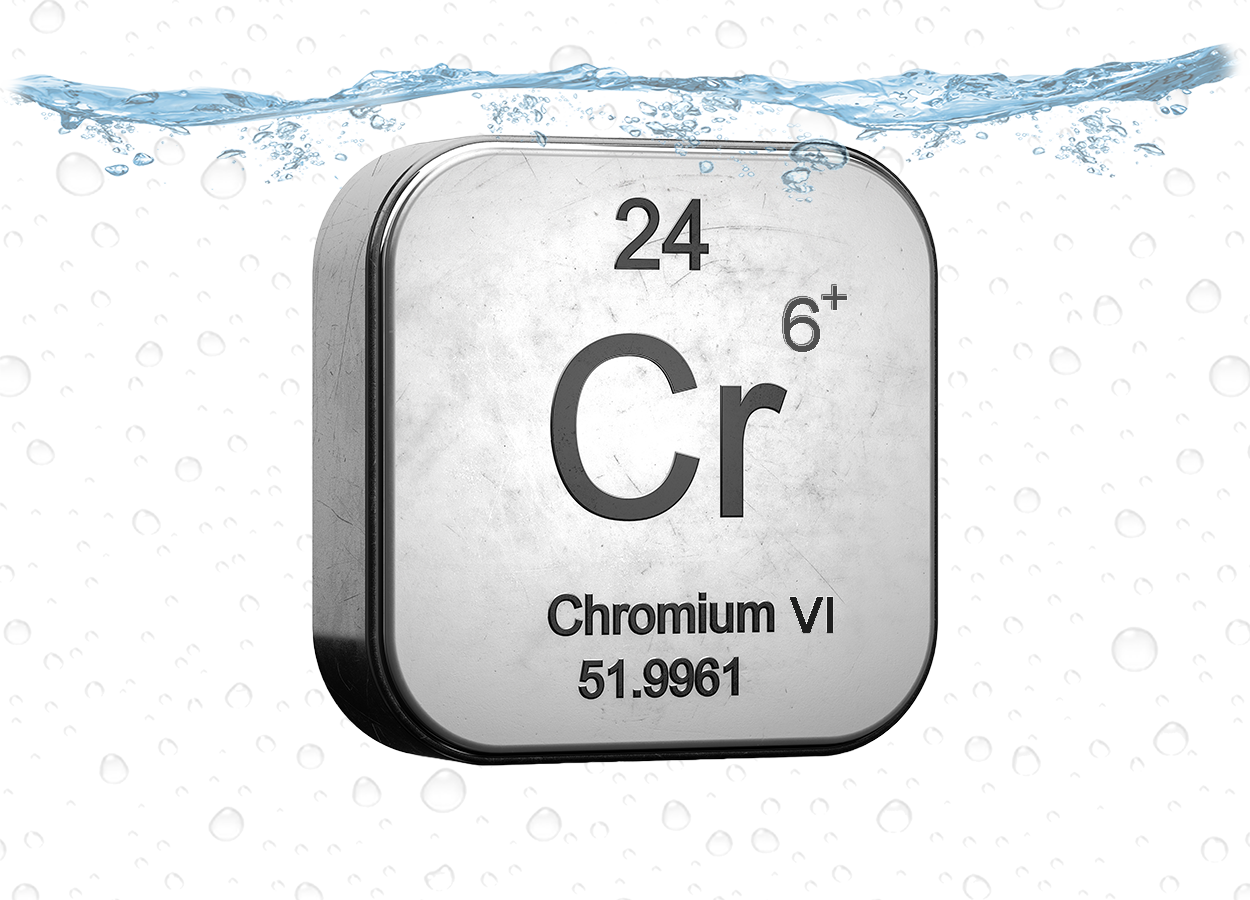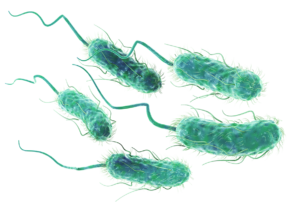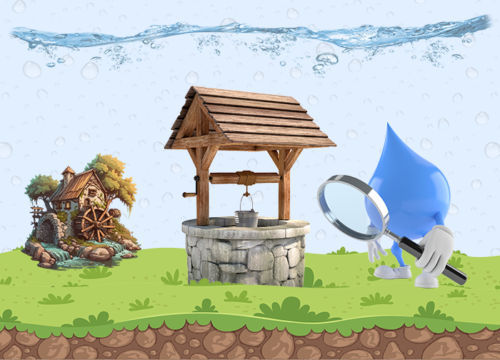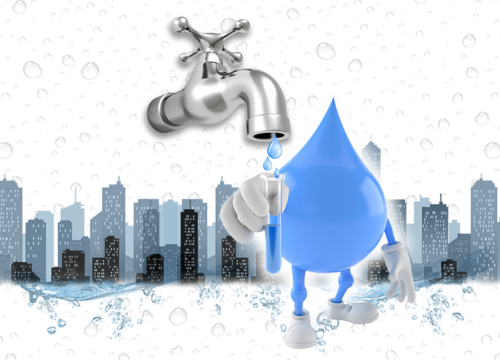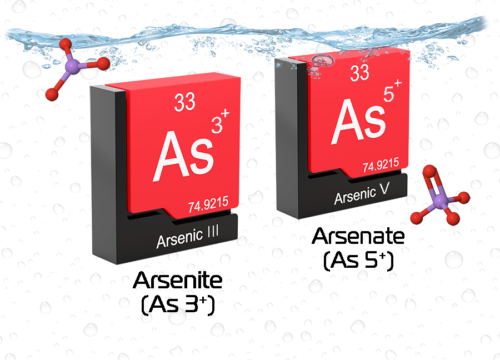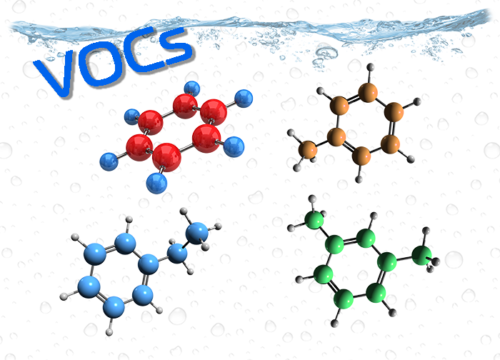
There are many reasons to test your well water.
U.S. Environmental Protection Agency has this to say…
“If you have your own well, you are responsible for making sure that your water is safe to drink. Private wells should be tested annually for at least nitrate and bacteria to detect contamination problems early.”
In addition to an annual test, The National Ground Water Association recommends that well owners test their water:
- Any time there is a change in the taste, odor, or appearance of the well water, or if a problem occurs such as a broken well cap or a new contamination source;
- If family members or house guests have recurrent incidents of gastrointestinal illness;
- If you wish to monitor the efficiency and performance of home water treatment equipment.

Most of us trust that our city water is safe to drink, as most of the time it is.
However, when water is treated, the treatment process can create new problems.
The most common treatment for city water is Chlorination. Chlorination does eliminate most bacteria and disease, however, Chlorine or Bromine (used in place of Chlorine) can react with other compounds to form toxic by-products known as Trihalomethanes (THMs).
THMs are part of a larger group of compounds called Volatile Organic Compounds (VOCs). We will analysis the complete suite of VOCs along with the THMs when you order the City Verify testing service.
Volatile Organic Compounds (VOCs) are typically industrial solvents, such as trichloroethylene; fuel oxygenates, such as methyl tert-butyl ether (MTBE); or by-products produced by chlorination in water treatment, such as Trihalomethanes.
VOCs are often components of petroleum fuels, hydraulic fluids, paint thinners, and dry cleaning agents. VOCs are common ground-water contaminants.
See more information for:
City Verify Testing Service
In addition to testing for VOCs and THMs, our City Verify testing service tests the following parameters:
- General Chemistry – pH, Conductivity, Color, Turbidity, Alkalinity, Hardness, Total Dissolved Solids (TDS).
- Mineral Salts – Fluoride, Chloride, Nitrate, Sulfate, Sodium, Potassium, Calcium, Magnesium.
- Trace Metals – Copper, Iron, Manganese, Zinc, Boron.
- Microbiology – Total coliforms & Escherichia coli (E. coli)
TRIHALOMETHANES
The Four major THMs are:
- Chloroform (CAS# 67-66-3);
- Bromoform (CAS# 75-25-2);
- Bromodichloromethane (CAS# 75-27-4);
- Dibromochloromethane (CAS# 124-48-1);
Polyfluoroalkyl Substances (PFAS) Testing
What Are Polyfluoroalkyl Substances?
Polyfluoroalkyl Substances (PFAS) are a group of manufactured chemicals that have been used in industry and consumer products since the 1940s because of their useful properties.
There are thousands of different PFAS, some of which have been more widely used and studied than others.
Perfluorooctanoic acid (PFOA) and Perfluorooctanesulfonic acid (PFOS), for example, are two of the most widely used and studied chemicals in the PFAS group. PFOA and PFOS have been replaced in the United States with other PFAS in recent years.
One common characteristic of concern of PFAS is that many break down very slowly and can build up in people, animals, and the environment over time.
PFAS can be present in our water, soil, air, and food as well as in materials found in our homes or workplaces, including:
- Drinking water – in public drinking water systems and private drinking water wells.
- Soil and water at or near waste sites – at landfills, disposal sites, and hazardous waste sites such as those that fall under the federal Superfund and Resource Conservation and Recovery Act programs.
Our heavy metals testing service tests for the eight heavy metals defined by the EPA as hazardous.
To find out more about the health effects of these elements, click on the element of interest below, or see their descriptions listed on our Heavy Metals description page.
- Total coliforms include bacteria that are found in water that has been influenced by surface water, in human or animal waste, and in soil.
- Escherichia coli (E. coli) is the major species in the fecal coliform group. Of the five general groups of bacteria that comprise the total coliforms, only E. coli is generally not found growing and reproducing in the environment. Consequently, E. coli is considered to be the species of coliform bacteria that is the best indicator of fecal pollution and the possible presence of pathogens.
Fecal coliforms are the group of the total coliforms that are considered to be present specifically in the gut and feces of warm-blooded animals. Because the origins of fecal coliforms are more specific than the origins of the more general total coliform group of bacteria, fecal coliforms are considered a more accurate indication of animal or human waste than the total coliforms.












